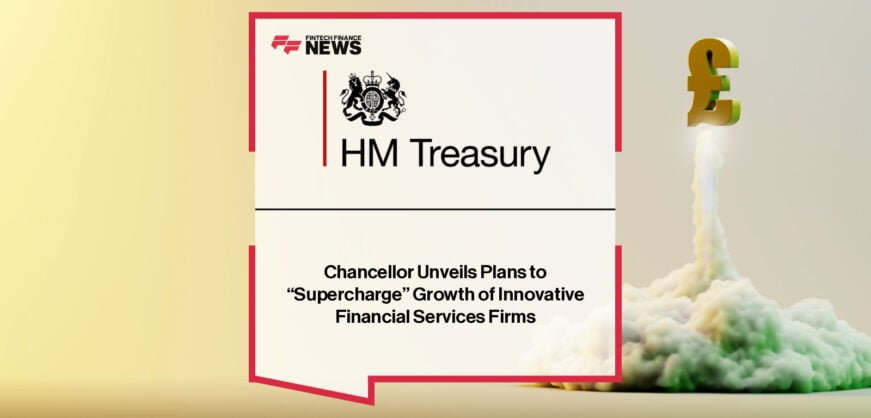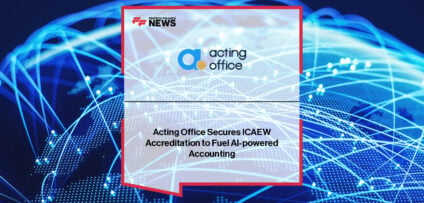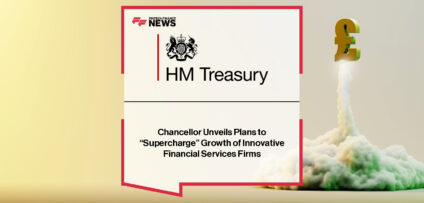Breaking News

Two-Thirds Unlikely to Invest This Year Amid Fears of Losing Money – Despite Record High Inflation Eroding Cash Purchasing Power
HSBC UK’s recent customer insight study unveils the complex relationship UK consumers have with investing, as inflation impacts the purchasing power of cash. The research identifies key barriers that prevent consumers from investing, with fear of losing money, lack of knowledge, and insufficient funds being the main concerns. It also reveals notable differences in investment attitudes across age groups, with younger consumers being more open to investing. In response to these findings, HSBC UK is committed to offering first-time investors educational resources and user-friendly digital tools to help them navigate the investment landscape.
Record high inflation is squeezing the purchasing power of cash, yet many consumers remain reluctant to invest for fear of losing money according to HSBC UK’s latest customer research – published alongside top tips for first-time investors to mark the start of the new tax year.1
Over half (57%) cited fears over losing money as a barrier to investing, followed by over a third who said they do not feel they have enough knowledge (38%) and three in 10 (29%) saying they feel they do not have the money to invest.
According to the Financial Conduct Authority, there are 15.6 million UK adults with investible assets of £10,000 or more. Of these, 37% hold their assets entirely in cash, and a further 18% hold more than 75% in cash.2
While the overall picture suggests many are unconfident when it comes to investing, stark differences exist between demographics. Younger consumers (18-35) are far more likely than older consumers (56+) to invest at a rate of 57% to 16% respectively.
Of those likely to invest, the three most important considerations included a safe and secure brand platform (75%); investment performance (75%); and pricing and fees (71%).
Felicity Sherman, HSBC UK’s Head of Transactional Wealth & Insurance said:“This month marks the beginning of a new tax year, and a fresh start for our customers looking to make the most of their money – now and in the future. While it’s essential to keep an emergency fund, with inflation at a 30 year-high many savers aren’t aware that investing is a viable vehicle to making their money work harder.
“It’s understandable that people are hesitant to consider investing in what for many is a challenging and unknown financial climate. Our research suggests that what investors really want is a safe and secure platform to build their investment portfolio, and that fear of losing money, lack of knowledge and feeling like they did not have the money are some of the biggest barriers.”
“Creating easy to navigate digital journeys that educate consumers along the way is key to helping those new to investing overcome barriers and build the confidence to start. In fact, two-thirds of our customer base are now choosing to invest through our mobile investment platform, and almost seven in 10 of those who opened an investment account last year started with an investment of less than £100.”
Changing trends: the power of digital
Changes in the way UK consumers are investing may also point to future trends. A steadily increasing number of people are choosing to use the bank’s mobile banking app to invest from £50 in a selection of ten ready-made HSBC global strategy funds with different risk ratings.3
To help continue to break down barriers to investing, last month the bank launched a new Wealth Dashboard feature in its mobile banking app. Customers can now see all the funds they hold, the total value of their portfolio and the performance of each fund, as well as access simple servicing options including the ability to invest, sell and set up regular investments – all from the convenience of their phone.4
A range of educational resources to help people learn about investing are also available via HSBC UK’s mobile banking app and on their website.
Top tips for investing in a stocks and shares ISA in a new tax year:
- Think long-term and balance with other saving priorities: One of the fundamental rules of investing is that it’s not for the short term. However, it’s important to balance more short term needs you may also have. We would advise all savers to have at least three to six months’ worth of expenses in an emergency fund that’s easily accessible.
- Start small, think big: For most investors, putting the total £20,000 yearly allowance into a stocks and shares ISA may not be realistic. Investors should not be put off if they are starting small. One of the benefits of ISAs is the fact they offer the opportunity to build tax-free savings over a long period of time, so £50 or £100 a month will add up in the long term.
- Make the most of pound-cost averaging, aka ‘ride the waves’: Pound-cost averaging refers to one of the main benefits to drip-feeding money into investments regularly as opposed to depositing a lump sum: the smoothing of market fluctuations through regularity. If you put £50 in a month when markets are low and stocks are cheaper, this is actually a positive because you get more for your money. If the following month the markets recover, you get slightly less value for the next £50 you put in, but you’ve enjoyed high growth on the previous month.
- Opt for Diversification. Stock diversification refers to investing across a variety of different companies across a range of sectors, countries, and risk profiles, all in order to reduce overall risk by reducing an investor’s exposure to volatility. When you invest in funds, you’re buying a mix of investments, so you’re not putting all your eggs into one basket. Consider choosing a fund from a ready-made portfolio managed on your behalf by a professional fund manager, and at a level of risk you feel comfortable with.
- Plan for the future and consider your retirement: A stocks and shares ISA can be used to build tax-free wealth over a lifetime, which you can then draw upon, once it’s time to retire. It’s never too early to plan for your long-term future and you can use HSBC’s retirement calculator to start mapping out what you need in order to live the lifestyle you aspire to in retirement.
People In This Post
Companies In This Post
- FF Tattoo Studio: Fenergo on Native ID&V and the Fight Against FinCrime Read more
- Generative AI in Banking: From POCs to Front-Office Impact Read more
- EXCLUSIVE: “Chain Reaction” – Sergey Nazarov and Fernando Vazquez, Chainlink in ‘The Paytech Magazine’ Read more
- FF Tattoo Studio: Datavillage on Privacy-First Data Collaboration and Faster Fraud Investigations Read more
- Chancellor Unveils Plans to “Supercharge” Growth of Innovative Financial Services Firms Read more


















